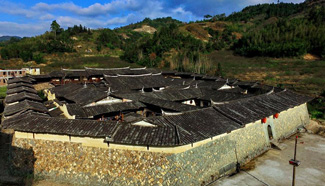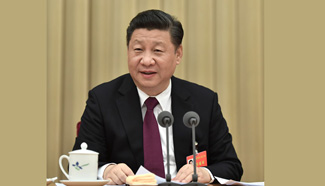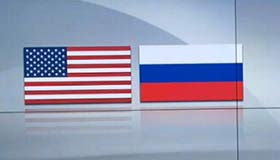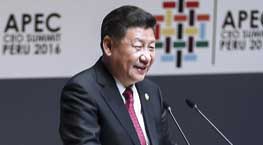HAVANA, Dec. 16 (Xinhua)-- The Cuban government has authorized small farmers to directly hire full-time or part-time staff, as a new measure to increase national food production, a sector considered "strategic" by President Raul Castro.
A group of resolutions were published Friday by the government, allowing all agricultural producers to do this, whether linked to state or private agricultural cooperatives.
Previously, the official hiring of farm workers was reserved to cooperatives, making the process more complicated.
"The new resolutions aim at stimulating the hiring of workers for agricultural labour, in a fast, ordered and legal way, with the goal of making this activity more dynamic, due to the need to increase Cuban farm production," said the Gazette.
Such farm work is also usually paid better than most jobs in Cuba. "During harvest, the regular salary is 2 Convertible Pesos (CUC) a day if is an "easy crop" such as tomatoes. But for more difficult crops, such as garlic, the daily salary rises to 4 CUC," Alberto Mendez, a farm worker in the town of Guira, southwest of Havana, told Xinhua.
In a country where the average state monthly salary reaches only 20 CUC (20 U.S. dollars) a month, earning that amount in a few days sounds appealing for many workers.
Mendez stressed that written contracts are unusual. "The owner of a farm says he needs people and we all just go."
However, the new decrees on Friday determine that these new hires must be registered as "self-employed" workers and pay a monthly tax of 50 Cuban pesos (2 CUC), besides healthcare and social security contributions.
The Cuban government spends about 2 billion U.S. dollars a year on food imports for its more than 11 million people, which has been difficult to maintain for a country suffering from the U.S. economic embargo.
President Castro has called to elevate national food production and reduce imports as a "matter of national security." In that sense, the Cuban leader has ordered the delivery of over a million of hectares of state-owned land to people interested in farming.
Castro's administration has also opened dedicated bank credits with good terms for farmers interested in expanding their crops.










